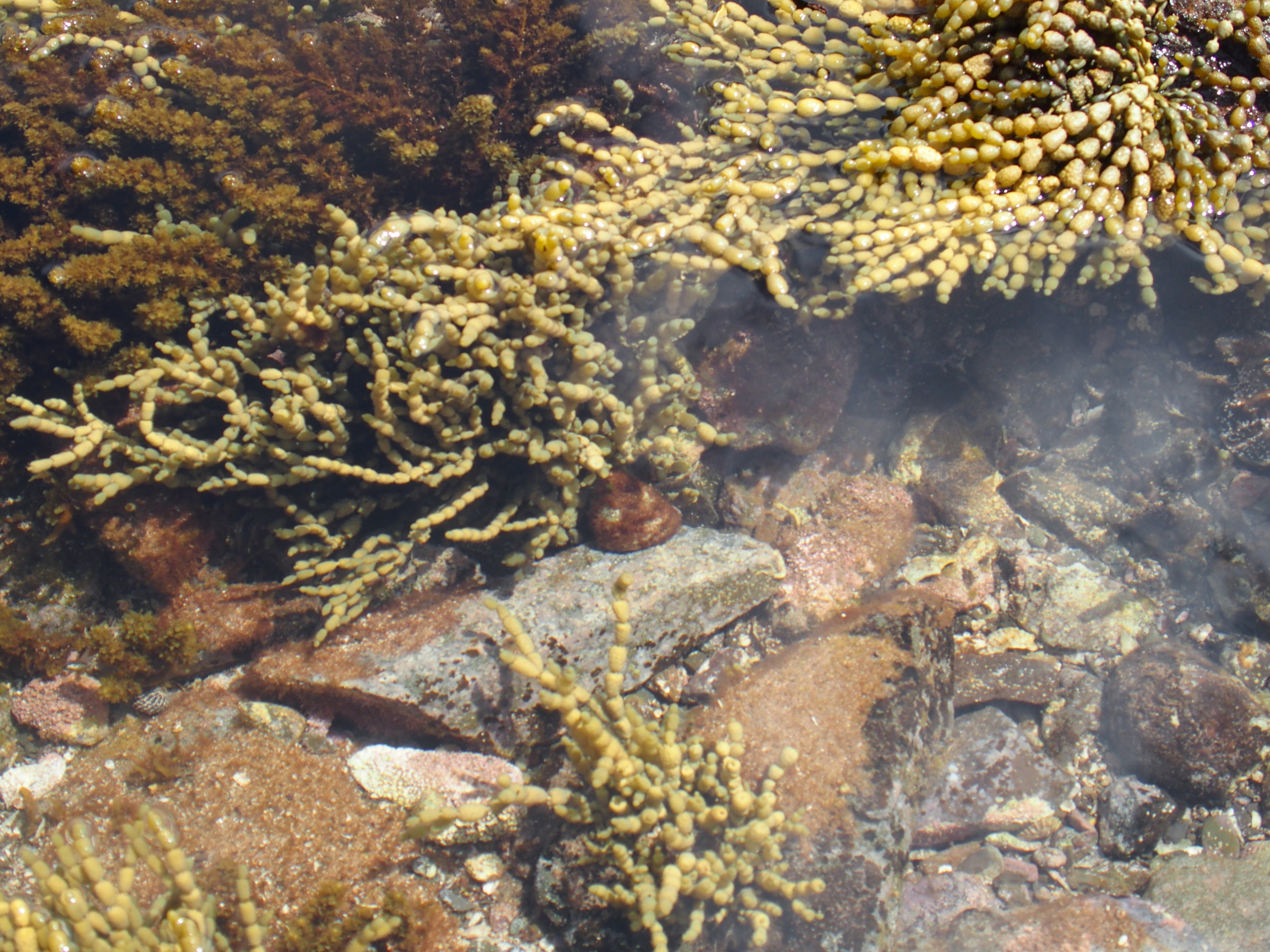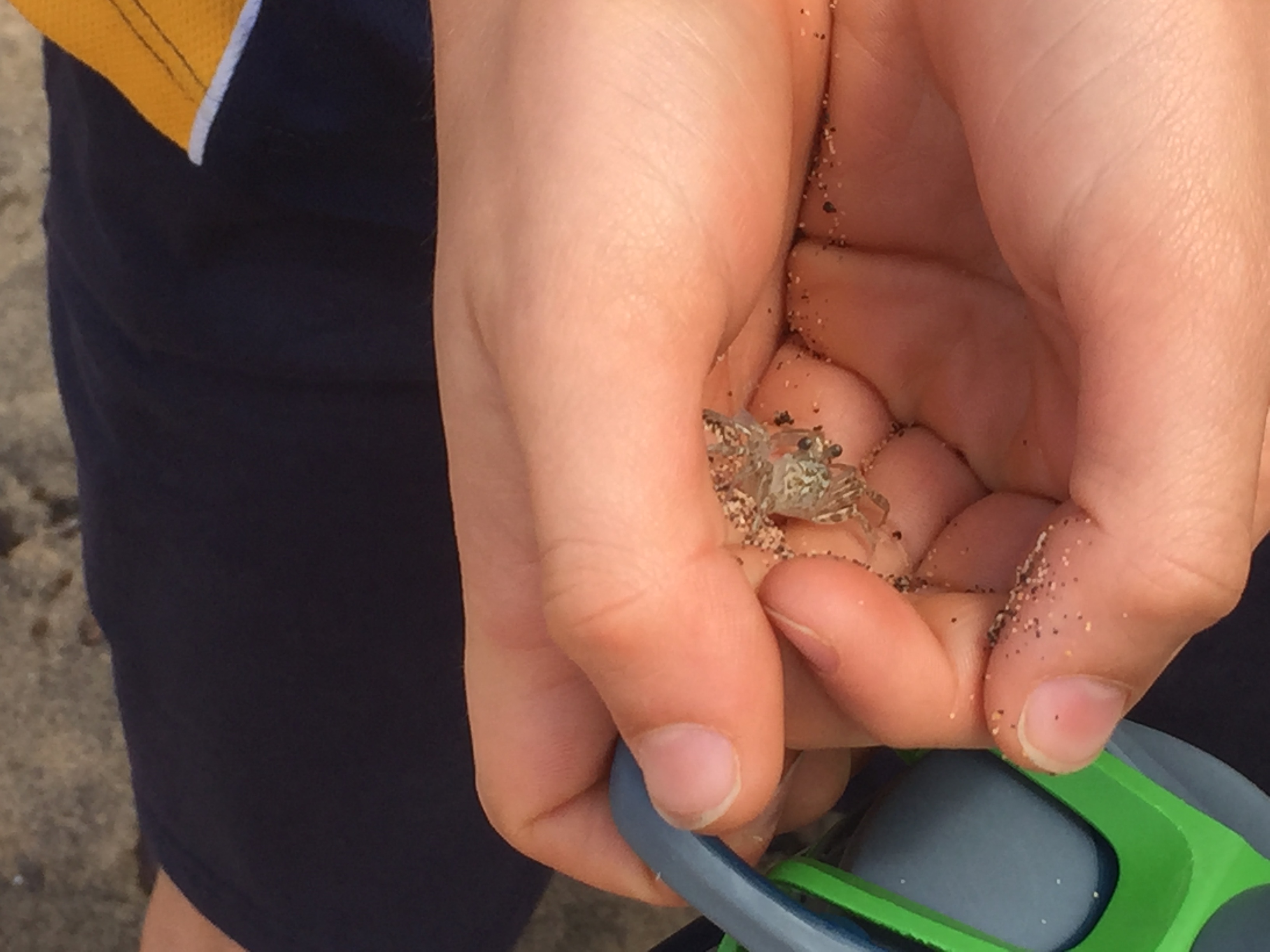The Human Society and Its Environment Key Learning Area includes the History K–10 Syllabus and Geography K–10 Syllabus
Teaching and learning of Human Society and its Environment Curriculum is based on the NSW K-6 Syllabus. At OLOR we provide learning experiences that encourage the students to develop their knowledge and understandings about their world, its history, its geography and its people.
The aim of History is to stimulate students’ interest in and enjoyment of exploring the past, to develop a critical understanding of the past and its impact on the present, to develop the critical skills of historical inquiry and to enable students to participate as active, informed and responsible citizens.
History investigates the actions, motives and lifestyles of people over time, from individuals and family members, to local communities, expanding to national and world history contexts. It introduces the idea that History contains many stories and that there is never only one uncontested version. There are many differing perspectives within a nation’s history, and historians may interpret events differently depending on their point of view and the sources they have used.
The study of History strengthens an appreciation for and an understanding of civics and citizenship. It also provides broader insights into the historical experiences of different cultural groups within our society and how various groups have struggled for civil rights, for example Aboriginal and Torres Strait Islander peoples, migrants and women.
Students study topics such as:
- The Past in the Present
- Community and Remembrance
- First Contacts
- Australian Colonies
- Australia as a Nation
Geography
The aim of Geography is to stimulate students’ interest in and engagement with the world. Through geographical inquiry they develop an understanding of the interactions between people, places and environments across a range of scales in order to become informed, responsible and active citizens.
Geography is the study of places and the relationships between people and their environments. Students learn to question why the world is the way it is, reflect on their relationships with and responsibilities for the world and propose actions designed to shape a socially just and sustainable future.
The study of Geography enables students to become active, responsible and informed citizens able to evaluate the opinions of others and express their own ideas and arguments. This forms a basis for active participation in community life, a commitment to sustainability, the creation of a just society, and the promotion of intercultural understanding and lifelong learning. The skills and capabilities developed through geographical study can be applied to further education, work and everyday life.
Students study topics such as:
- Features in Places
- People in Places
- The Earth’s Environment
- A Diverse and Connected World
- Factors that Shape Places


